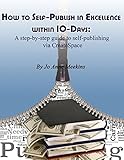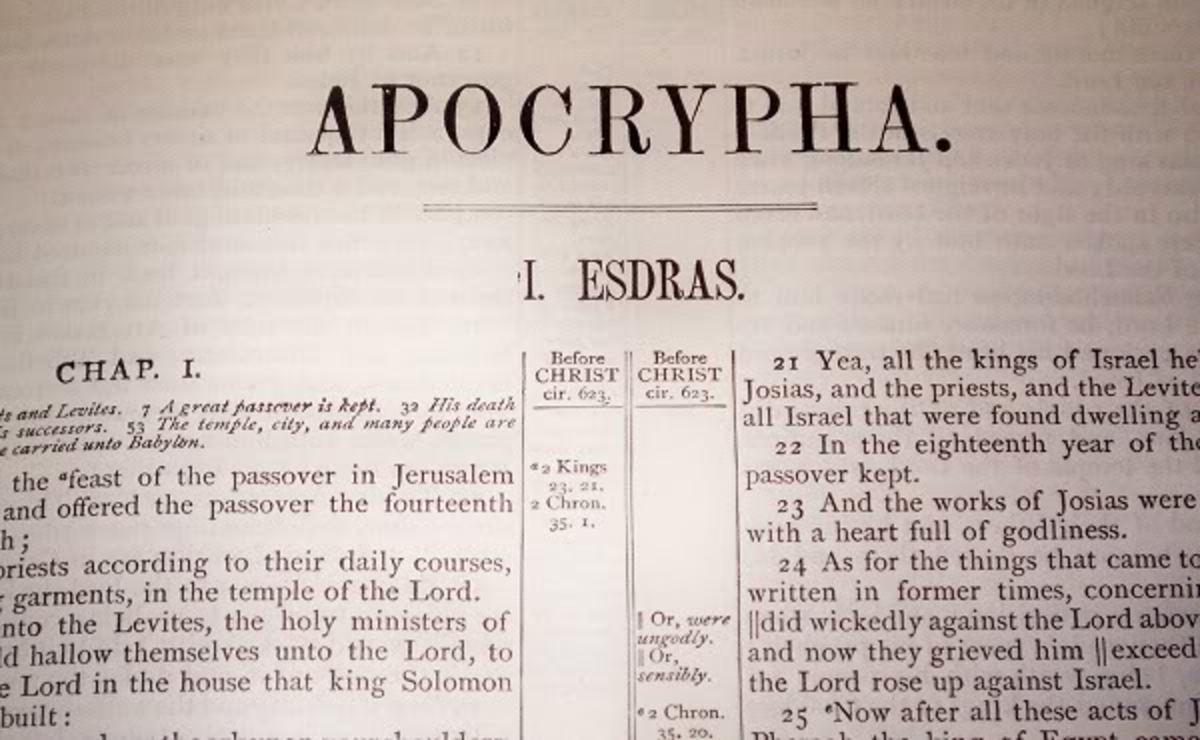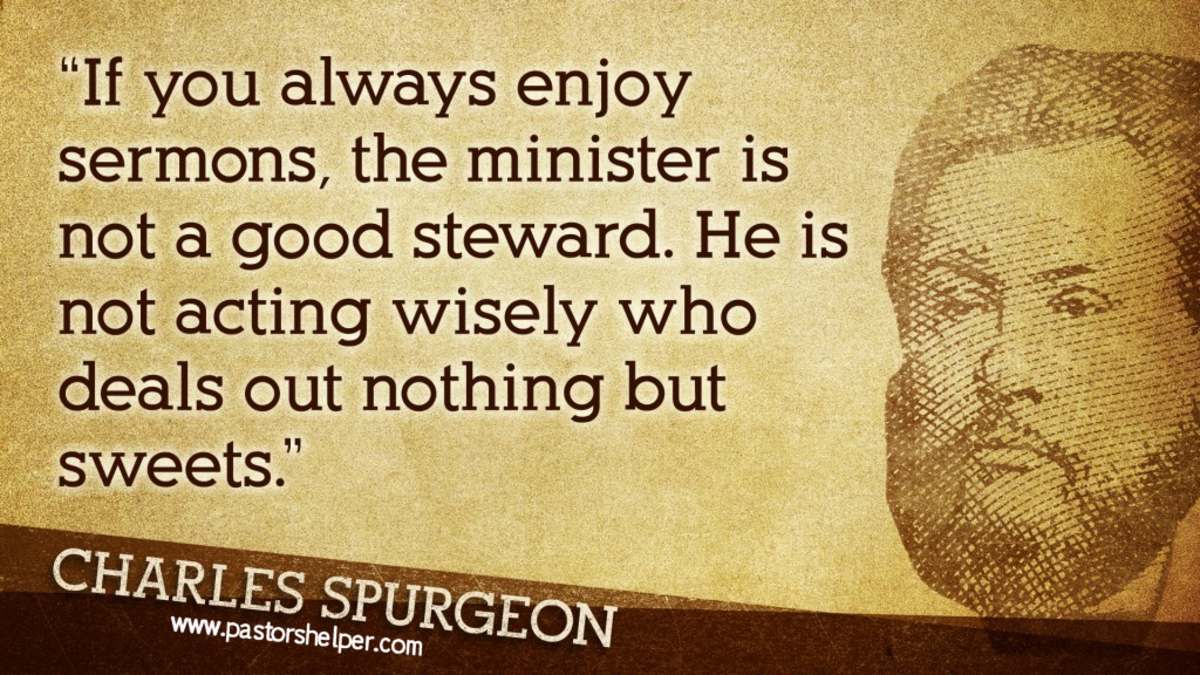A Bible Study of John Mark and John the Baptist
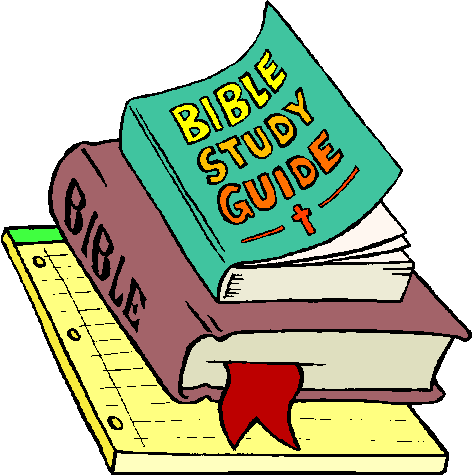
John Mark
The following is a old bible study assignment I completed on the Gospel of Mark chapter 1 verses 1 - 8 and resurrected for such a time as this:
Dangerous Times
Mark's Gospel is the shortest of the four gospels and probably the first to be written1 (AD 64-68).2 It was written by John Mark to encourage and strengthen the faith of Christians during a time of persecution and martyrdom in Rome.3 Mark wrote this gospel based on Simon Peter’s eyewitness account4, and he portrays Jesus in action as the powerful Son of God, whose word was law in the natural and supernatural realm.5
Mark’s Background6
Mark’s mother was a certain Mary of Jerusalem who had a house where the early church met (Acts 12:12), he was Barnabas’ cousin and companion to Peter, who loved him as his own son (1 Peter 5:13). Mark accompanied Paul and Barnabas on the first missionary tour as their assistant, but departed halfway through and returned to Jerusalem. A split was created between Paul and Barnabas when Paul refused to have Mark on the second tour (Acts 12:25; 13:5, 13, 36-40), but Mark later won Paul’s respect and became a real comfort while Paul was imprisoned (Colossians 4:10).
Gospel Beginning (vs. 1-3)
Mark starts out declaring who Jesus was and when His minisry began. Jesus was the anointed one, God’s only begotten Son. The Good News began with the ministry of John the Baptist. John’s ministry was mentioned in Isaiah (40:3) the first book of the Old Testament Major Prophets and in Malachi (3:1) who was one of the 12 Minor Prophets and author of the last book of the Old Testament. These prophets foretold of John being a voice crying in the wilderness and God’s messenger preparing the way. Prepare means to make or get ready for some purpose, task, or event and John was Jesus’ cousin, proposed to be his forerunner to show and tell people how to ready themselves for Jesus’ coming.
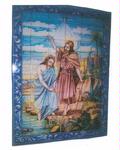
John the Baptist
The Ministry of John The Baptist
John was on divine assignment free from worldly cares. He worked during dangerous times in an unpopular and politically suicidal vocation. People were being harassed, ill treated, tortured and killed because of their Christian beliefs.
· John’s way of living exemplified great self denial: wearing modest attire (camel’s hair and leather belt), eating a restricted diet (locusts and wild honey) and working in comfortless location (the wilderness- land that was unproductive, uncultivated, uninhabited, desert, and solitude). In the scriptures, the wilderness and desert not only referred to the barren deserts of sand dunes or rock that is popularly imagined, but also vast treeless wastes called Streppelands and pasture lands (sometimes burnt up by summer droughts) suitable for grazing livestock, where wild creatures seek out there food.
In short, John didn’t have much of a wardrobe, his food choice left a lot to be desired, and he worked in a hot, dusty, solitary wasteland that if it had any grass became a potential hunting ground for wild creatures.
· John’s service was to baptize and preach a baptism of repentance for the remission of sins: in order to receive pardon for offenses, one had to acknowledge their sins, be sincerely sorrowful and moved to change and turn from their wicked ways. Those who repented, he baptized by immersing them in the Jordan River to symbolize their cleansing.
· John also preached of Jesus’ coming: he speaks of Jesus, not by name, but in terms of His- 1. Power – mightier (powerful, strong, influential, important, wonderful); 2. Value – not worthy to stoop (descend from rank or dignity) down and loose Jesus’ sandal strap (John, a family member on assignment by God for Jesus in comparison to Jesus’ worth); and 3. Authority – baptize with the Holy Spirit (the power of God).
John’s Fruits (vs 5)
John was obedient, focused, disciplined, and faithful to his calling and as a result all of the land of Judea and Jerusalem went out to him confessing their sins and were baptized. He did what he was assigned to do and God blessed his efforts and met his needs. He planted the seed and God gave the increase.
· The folks came to the wilderness to receive a word of hope. The wilderness is a place where we all find ourselves at one time or another; a place where God can be found; a place where lives can be changed.
· I’ve learned that the wilderness is familiar territory to God and His appointed place in our Christian journey. It is oftentimes that solitary places of preparation are where we drawer nearer to God and our journey truly begins or is defined.
Resources – Bible; Matthew Henry’s Commentary; Unger’s Bible Handbook; Eerdmans’ Handbook To The Bible; Webster’s Dictionary; New Bible Dictionary.
1 Eerdmans’, page 499
2Unger’s, page 493
3Good News Bible, Mark Intro
4 Commentary, page 1364
5Unger’s, page 493
6Unger’s, page 493
Be Blessed,
Jo Anne Meekins
Inspired 4 U


